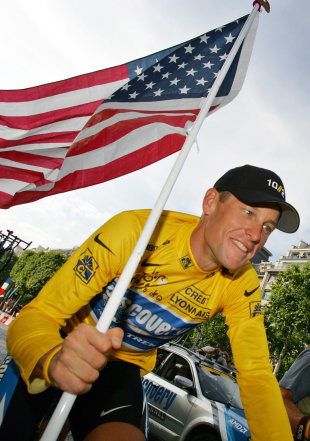LONDON, Jan 11 (Reuters) - Chelsea's former England captain John Terry said his knee felt "totally fine" after making his comeback for the club's under-21 team following two months on the sidelines.
The 32-year-old central defender played for 45 minutes on Thursday night, featuring as an over-age player in a 2-0 victory over neighbours Fulham.
Chelsea's interim manager Rafa Benitez confirmed the centre back would now be part of the first team squad for Saturday's Premier League game at Stoke City, but will not start.
"I have come through alright," Terry told Chelsea TV.
"Initially I was going to play between 30 and 45 (minutes) so I managed to get through the first half and the knee feels totally fine which is the main thing.
"Lungs are a little bit... which is natural, but it is good to get in 45 under my belt. It has been frustrating two months really.
"I felt fine, totally fine. Passing, tackling, everything felt fine. It's really positive to come through a game and hopefully give myself a chance to be back involved with the first team."
Terry, who has missed 16 games in all competitions, hurt his knee against Liverpool on Nov. 11, his first match back after serving a four-game ban for racially abusing Queens Park Rangers defender Anton Ferdinand.
"Maybe it is too soon to get back starting. The lads have been playing well as well, so I know better than anybody I have to wait my time and be patient and try to get back in the squad first, than the team after that," he said.
Chelsea, fourth in the Premier League - 14 points behind leaders Manchester United - travel to Stoke on Saturday looking to bounce back from a midweek home defeat by Swansea in the Capital One (League) Cup, semi-final first-leg.
The 32-year-old central defender played for 45 minutes on Thursday night, featuring as an over-age player in a 2-0 victory over neighbours Fulham.
Chelsea's interim manager Rafa Benitez confirmed the centre back would now be part of the first team squad for Saturday's Premier League game at Stoke City, but will not start.
"I have come through alright," Terry told Chelsea TV.
"Initially I was going to play between 30 and 45 (minutes) so I managed to get through the first half and the knee feels totally fine which is the main thing.
"Lungs are a little bit... which is natural, but it is good to get in 45 under my belt. It has been frustrating two months really.
"I felt fine, totally fine. Passing, tackling, everything felt fine. It's really positive to come through a game and hopefully give myself a chance to be back involved with the first team."
Terry, who has missed 16 games in all competitions, hurt his knee against Liverpool on Nov. 11, his first match back after serving a four-game ban for racially abusing Queens Park Rangers defender Anton Ferdinand.
"Maybe it is too soon to get back starting. The lads have been playing well as well, so I know better than anybody I have to wait my time and be patient and try to get back in the squad first, than the team after that," he said.
Chelsea, fourth in the Premier League - 14 points behind leaders Manchester United - travel to Stoke on Saturday looking to bounce back from a midweek home defeat by Swansea in the Capital One (League) Cup, semi-final first-leg.



